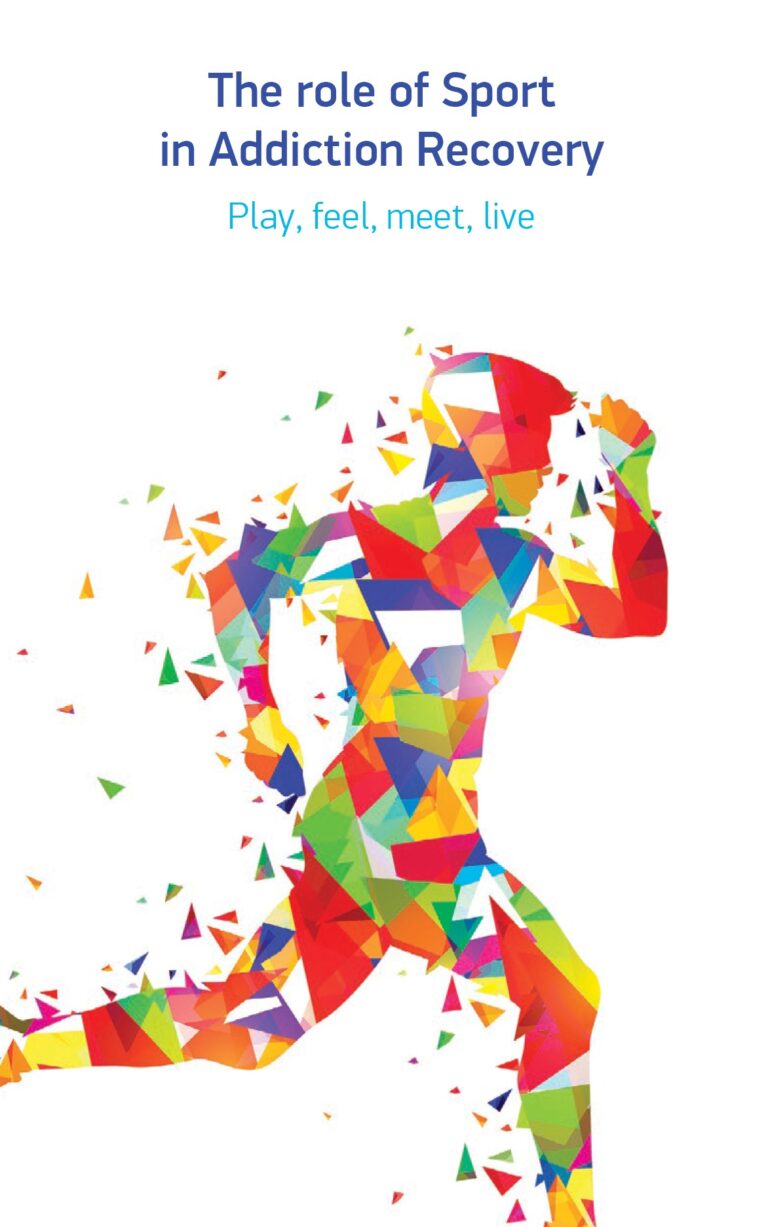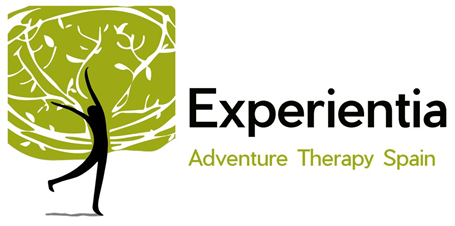
KETHEA is the largest rehabilitation and social reintegration network in Greece. It has been providing its services to drug addicts and their families since Ithaki, the first Greek therapeutic community, was set up in 1983. Its services are offered free of charge on the street and in prisons and rehabilitation units around Greece. KETHEA also helps people suffering from other forms of addiction including alcohol, gambling and the Internet.
KETHEA therapeutic programmes do not use pharmaceutical substances or substitutes in the treatment of drug addiction. The goal of treatment is to identify and address the psychosocial factors that contribute to addiction. For this purpose, the treatment process involves taking the individual into account along with their interpersonal network and the broader social context.
KETHEA also runs school and community-based prevention and early intervention programmes, and is active in training and research in the field of addiction. Its therapeutic programmes and activities seek to raise awareness of the phenomenon, to promote scientific knowledge, and to continually improve the services offered to addicts and their families.
KETHEA runs programs for:
- adolescents, providing them with treatment that reflects the extent and level of their addiction;
- adults, providing both residential and non-residential programs;
- employees, providing evening programs they can attend after work;
- dependent parents, providing childcare support during sessions;
- people who have trouble with alcohol and gambling as well as new or ‘legal’ addictions like the Internet or video games;
- different ethnic and religious groups, immigrants and refugees, providing intercultural programs that respect the participants’ linguistic and cultural identities;
- users who are current or former prison inmates;
- homeless users, providing street-work programs and law threshold units.
People who complete the main treatment phase of KETHEA’s therapeutic programs move on to Re-entry Centres, where they receive counselling and psychological support aimed at facilitating their gradual and smooth reintegration into society. At this stage, the aim is to organize the former addict’s personal and social life on a new footing featuring economic independence, healthy, supportive relationships and creative goals.
The Re-entry Centres provide:
✓ Hosting for the initial transition period;
✓ Individual and group counselling on a regular outpatient basis;
✓ Education and training in collaboration with specialized agencies;
✓ Vocational guidance and counselling to support integration into the labour market;
✓ Up-to-date information on political, social and employment rights and obligations;
✓ Legal support;
✓ Health care
✓ Relapse prevention training;
✓ Couples and families counselling.
✓ Sport and outdoor sport activities
The social reintegration process lasts about one year and is followed by a post-treatment support phase whose completion is followed by graduation from KETHEA.
The addict is treated not as a ‘patient’ passively undergoing treatment, but as an active participant in the therapy who accepts responsibility for changing his/her behaviour in relation to the abuse/ addiction, and who examines its causes. Participation in the therapeutic programmes is not mandatory, and the individuals undergoing treatment are free to leave at any time. From the moment an individual decides to enter a therapeutic programme, they have to take part in the daily treatment, training and other activities to remain a member of that programme.
KETHEA’s therapeutic intervention is long-term and multifaceted and includes information services, harm reduction, counselling, health care, mental rehabilitation, family therapy, education and training, Sport and outdoor activities, legal support, social reintegration and employment.
The goal is to encourage the individual to adopt a new way of life, new behaviours and a new value system which will enable them to face up to life’s challenges and difficulties without resorting to drugs. Services are provided free of charge to make them available to all users of psychoactive substances and their families, without discrimination.
KETHEA’s dynamism stems from its staff and volunteers, most of whom are engaged in the front line providing services to substance abusers and their families.
Most staff members have a background in the social sciences, psychology and mental health, and 20% are graduates of treatment programs. All personnel undergo a period of systematic theoretical and experiential induction prior to undertaking their duties.
The promotion of scientific knowledge and the continuing education of professionals working in the field of addiction are key KETHEA objectives.












